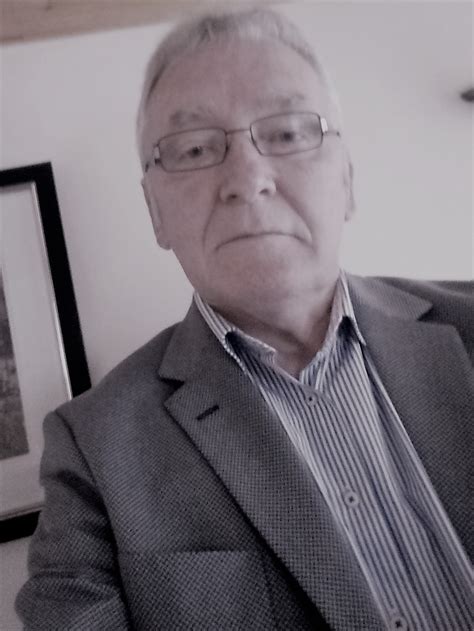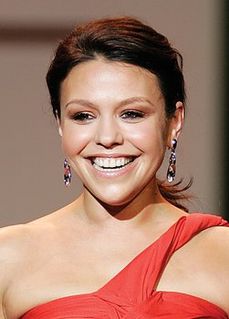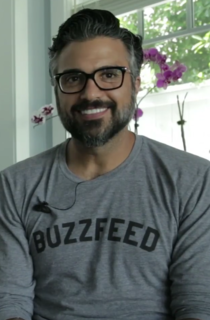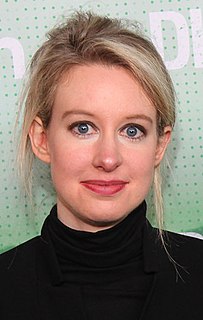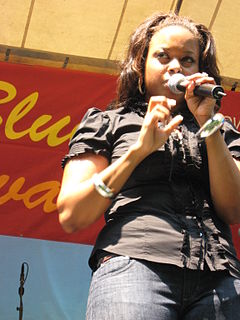A Quote by Frank Luntz
We decide based on how people look; we decide based on how people sound; we decide based on how people are dressed. We decide based on their passion.
Related Quotes
If you sat with a pencil and jotted down all the decisions you've taken in the past week, or, if you could, over your lifetime, you would realize that almost all of them have had asymmetric payoff, with one side carrying a larger consequence than the other. You decide principally based on fragility, not probability. Or to rephrase, You decide principally based on fragility, not so much on True/False.
If someone is interested in working with me, I would much rather them email me and we sit down or get on the phone, than them look at a client list and decide if I'm worth it or not. It should be based on work, and based on how we get along. As opposed to like, "Oh, he's worked with this, this, and this. Let's go. That's fine."
The post-Second World War simple system of social democracy and organized labour has fragmented massively, but just because people aren't organized in workplace trade unions doesn't mean they aren't in associations with other people - work-based, place-based, culture-based, sport-based, faith-based - there's a bit of an old rainbow coalition argument.
There are mean people out there, and they're cruel, they're bullies to all kinds of people. Some are based in race; some are based in the way other people look; some of it's politically based. But there's all kinds of it. Everybody goes through life being tormented at times by something. Something as simple as just going through four years of high school can ruin somebody's confidence, just because of things that happened there. The key to it all is being taught how to deal with it and how to not let it mar your own opinion of yourself.
I'm a recording artist who's traveled around the world so I have different opportunities than other people and people may decide how I should use my opportunities because my opportunities are public whereas I can't decide how people should use their opportunities because their opportunities are private. That's what we're dealing with - people feeling like they should be able to control celebrities.


